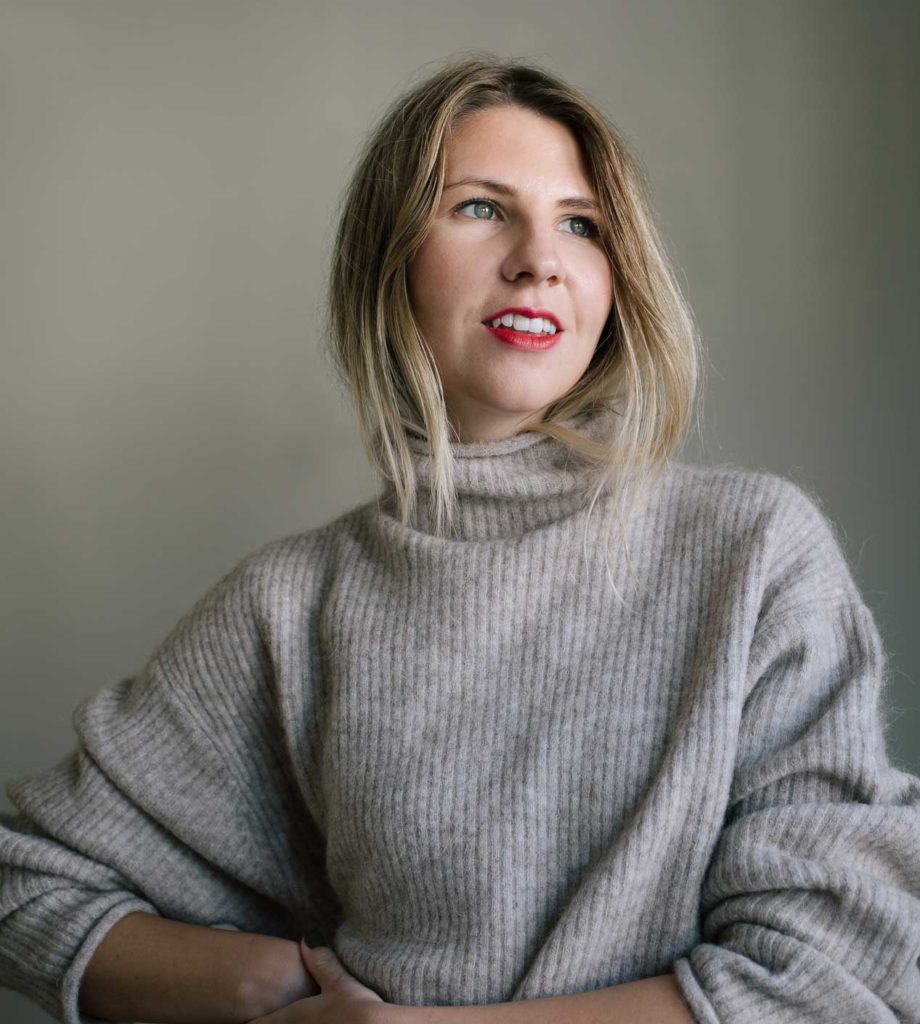Kate Woosey, Financial Adviser and Founder of financial advice service Alex, explains why creatives need to open up about money.
Designers and makers are not often open about money. Studies have shown that although creatives like money, it’s not a key motivator for them or their work, but this puts them at a disadvantage. Often, in the design industry — or any creative field — many people have had financial help to launch their career or had to survive the first few years on low-pay.
At the same time, this often goes hand-in-hand with moving to one of the most expensive cities in the world, and while a lucky few can live with family to save on rent, for many this means spending most of their money on rent to work in an industry with little financial gain at the beginning – or, where you are expected to work for free. Add a pretty flat wage market and increasing living costs and it can be a hard industry in which to create financial security. However, by talking openly about money, day rates, and how to manage finances better, you can create improved money habits and security.
These factors, and lack of advice for freelancers, were the driving force behind why I pivoted from design to the financial world to set up Alex, so that I could promote financial literacy and work with individuals and businesses to help them manage money better.
So, why don’t we talk about money?
- We think it isn’t important
- We don’t know how to get it
- Unsure of self-worth and the shame for asking for fair pay
- Underfunded sector with low-entry level jobs and difficult margins
- The Sell-Out factor
- We don’t know how to manage it
What’s the benefits in opening up?
Equalisation of pay.
We live in a society where there is pay inequality through race, gender, and wage. It’s only through talking openly about your day rate, commission and wage slip that we can educate ourselves to decide what is fair.
While every company is different, by having frank and open conversations we can highlight what needs to change to benefit everyone. As an example, in 2019, female architects earn 13.6% less than men, with a 4.9% gap in so-called design occupations (ONS: Gender pay gap in the UK: 2019).
Without financial education we’re at a disadvantage. Learning about money is intimidating and there’s no structural system in place to teach us which can deter people from asking for help. By increasing your financial literacy, it can improve your day-to-day experience of money, and is a key contributing factor in building social mobility.
As real living wages are decreasing and there is a difficult job market, we need to make what money we do earn work harder. Through education, advice and talking openly about our experience, we can instil better money habits and design a financially secure future. This doesn’t mean having giant pots of money but learning how to manage and protect what you have.
Tackle money shame
We look at poor money management or skills as something to be ashamed of, which can lead to people hiding their issues and not seeking out the help they need. By ignoring your money issues or not seeking advice you will make the problem worse.
Remember there is a wealth of help out there: reach out to a professional or a local support network put the right solutions in place. My door is always open to have a conversation to offer guidance on your money questions.
Secure financial future
We cannot build a financially secure future without knowing what this looks like. As a freelancer or working for small companies you are often left with little or no financial support if you are unable to earn due to an illness or injury. Therefore, it’s important that you build these benefits into your monthly budget, this will be things such as income protection, critical illness cover and pension.
In financial planning we use the ‘steps’ method, this looks like:
- Living for today: are your bills paid?
- Protecting what you have: if you were unable to work or die (morbid I know — but necessary) would you and your family be financially supported? This means looking at your three main personal insurances: income protection, critical illness cover, and life insurance.
- Savings safety net: 3-6 months of expenditure
- Pension
- Investments
Support your Mental Health
Money and mental health go hand-in-hand. Research by Money and Mental Health found that people with mental health problems often spend more than usual, avoid dealing with creditors, put off paying bills and find it harder to make financial decisions.
By looking strategically at your finances, putting in place financial safety nets and reaching out for help, you can help stop the money and mental health issue, and regain control of your money so you can focus on health.
If you would like to speak about any of the issues raised in this article, I’m offering free one-hour introductory calls to talk through your concerns, email me to book a time that suits you.
Kate Woosey, Financial Adviser, Alex
www.alexfs.uk

Kate Woosey is a financial adviser who set up Alex to provide financial support for freelancers and small business owners to help them engage with their money.
After working in the design industry for eight years, Kate decided to retrain as a financial adviser after seeing a lack of advice that was available and relevant to her as a freelancer. Today, through Alex, Kate offers zero jargon, relatable advice for individuals and businesses, focusing on education, 1-2-1 conversations, and proactive work to increase financial security and wellbeing at any stage of life.



